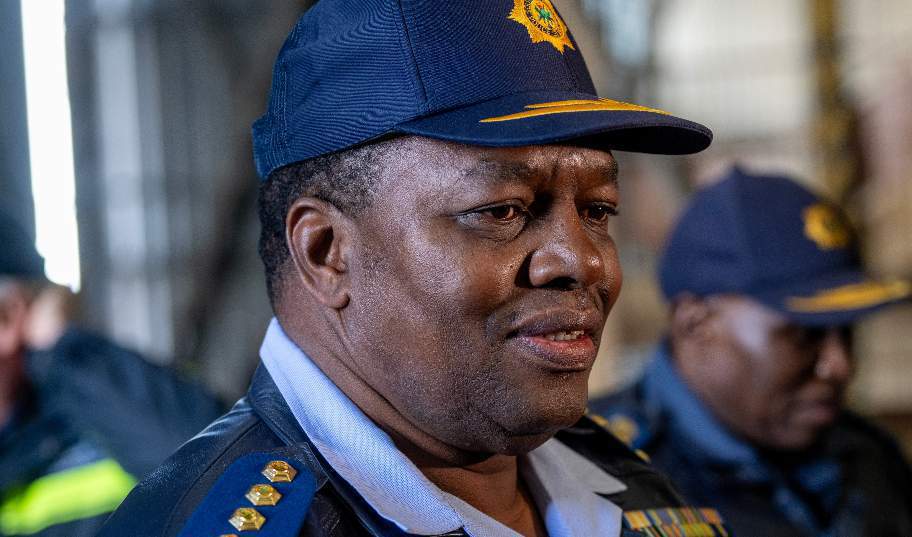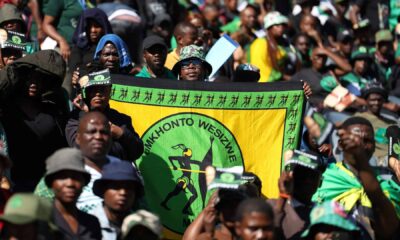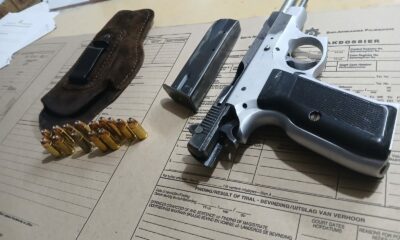News
MK Party Raises Alarm Over 121 Political Killing Dockets in KwaZulu-Natal

A long shadow over KZN politics
KwaZulu-Natal has carried the tragic reputation of being the epicentre of political violence in South Africa. Councillors, traditional leaders, and public officials have, for years, been targeted in brutal assassinations that leave families shattered and communities living in fear. In 2025, that shadow deepened when the police confirmed that 121 case dockets linked to political killings and attempted murders were being transferred to a dedicated provincial task team.
What might have been seen as a step toward speeding up investigations has instead sparked controversy. The uMkhonto weSizwe (MK) party has raised alarm bells, accusing government leaders of tampering with justice.
MK party’s fierce criticism
MK party spokesperson Nhlamulo Ndhlela argued that sending the dockets to a commission risks interference from politicians. He accused Police Minister Firoz Cachalia and National Commissioner Fannie Masemola of executive overreach, claiming the move could strip the police of their independence.
“These 121 dockets represent the blood of our people,” Ndhlela said, describing them as more than just files but as symbols of communities torn apart by assassinations. He warned that diverting these cases could open the door to political meddling, shielding allies and delaying justice for grieving families.
The PSA takes a different view
Not everyone sees the transfer as political interference. The Public Servants Association (PSA), one of the country’s largest unions, has backed the decision. In their statement, the PSA argued that the dockets had been sitting at the national SAPS head office for more than five months with little progress. During that time, suspected perpetrators remained at large, continuing to intimidate communities.
The union described the redeployment of the dockets as a commitment to swift justice, pointing out that the KwaZulu-Natal task team has a proven track record of handling sensitive and complex investigations. With local intelligence and contextual insight, they believe the unit is better placed to push the cases forward.
A question of trust
The conflicting reactions highlight a deeper issue: trust in South Africa’s justice system. Political killings in KZN are not a new problem. They have haunted local politics since the turbulent years of transition and have persisted through democratic South Africa. For many citizens, each delay or diversion of cases feeds suspicions that justice is being manipulated for political ends.
While government leaders frame the decision as an operational necessity, the MK party sees it as another example of politicians shielding themselves from accountability. Families waiting for answers are left in the middle, wondering whether justice will ever be served.
What lies ahead
As the files land back in the hands of the provincial task team, all eyes are on whether investigations will finally gain traction. The stakes are high. For communities in KwaZulu-Natal, the resolution of these cases is about more than convictions. It is about restoring trust, ending cycles of violence, and proving that political power cannot be bought at the expense of lives.
Also read: Grade 6 Maths South Africa 2025: A Third of Pupils Still Failing
Follow Joburg ETC on Facebook, Twitter, TikT
For more News in Johannesburg, visit joburgetc.com
Source: The Citizen
Featured Image: News24



























